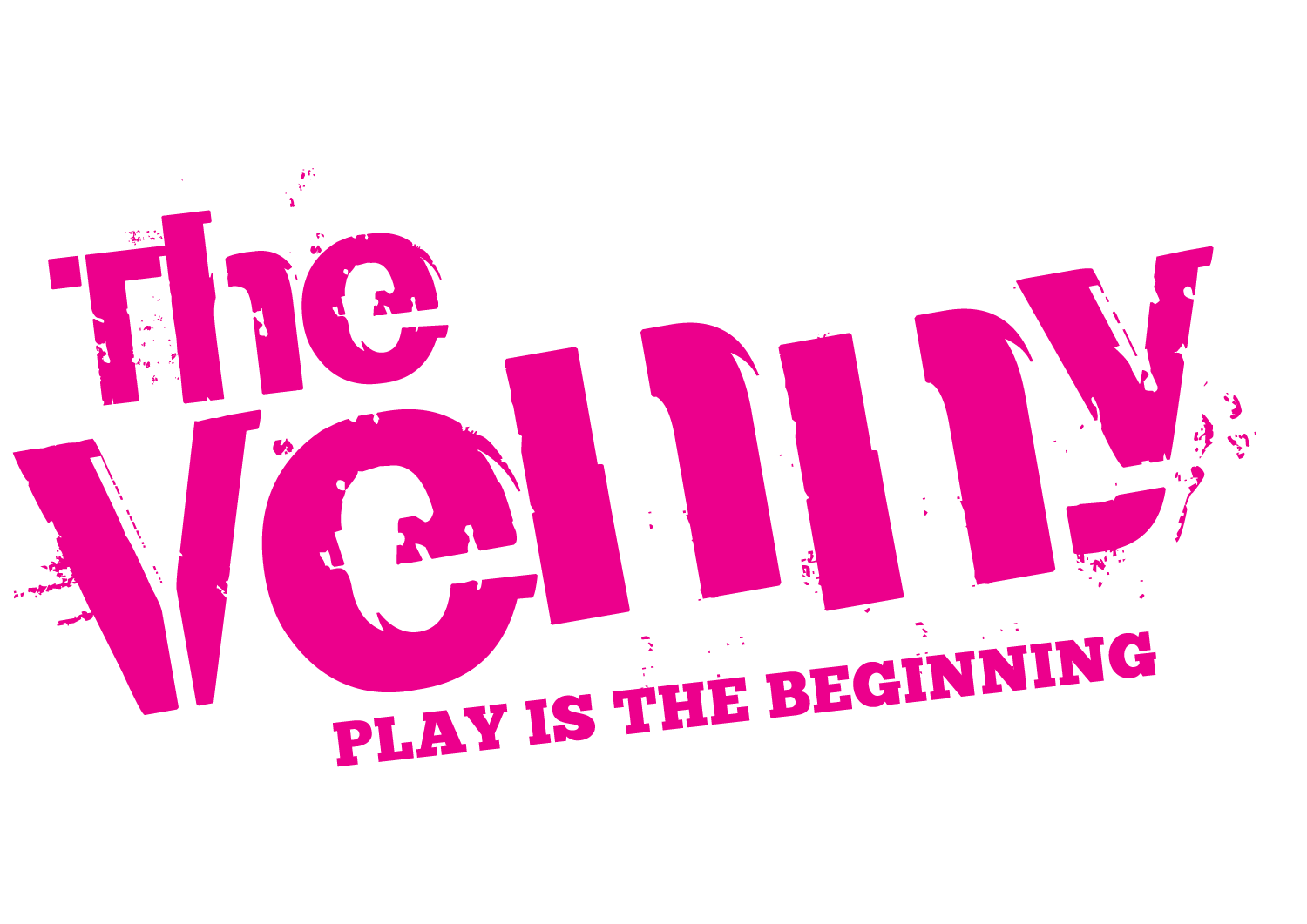In close proximity to the Kensington high-rise public housing estate, The Venny provides a supervised ‘backyard’ and safe haven for at-risk 5 to16 year olds. It delivers a diverse range of early intervention and prevention programs that build children’s resilience. With The Venny’s support, children are able to maintain their engagement in education, form stable relationships and develop positive community connections.
Supporting at-risk children with early intervention & prevention strategies
Experience and research shows if we ‘get in early’ and provide ‘at risk’ children with support, invention and care, we can prevent more serious psychological and emotional harm or entrenched patterns of harmful behaviour taking hold. 1,2,3,4,5,6, 7,8 Evidence clearly shows that early intervention delivers a better economic return to society than intervention at the crisis end. 9
For families who are vulnerable or those living in public housing, it can be daily struggle to break the cycle of inter-generational disadvantage.

The Venny helps to prevent local at risk kids falling through the gaps and is nationally and internationally recognized for the quality of its service to disadvantaged children (NAPCAN award and FaHCSIA best practice guide)
The Venny uses relational attachment building, programs for social and emotional growth and play, to foster longitudinal engagement and life witnessing to combat marginalisation, disengagement and harmful behaviours in vulnerable and at-risk children. This is achieved through a powerful and unique early intervention and prevention oriented approach. With place-based programs tailored to children’s needs and interests, The Venny works with the often forgotten middle years (children aged 5-16.) The Venny proactively addresses the particular needs of children in this transition period.
Providing a sense of place and purpose and vital linkages to community organisation
PLACE BASED
The Venny has been a safe haven for vulnerable local children and young people for over 42 years.
Through this long engagement model, The Venny offers children a sense of place and purpose, and a place to occupy their time in a positive and productive manner. The Venny has a transformative impact – in an immediate and tangible way. It helps to create functional communities and break the cycle of inter-generational disadvantage and welfare dependence.
The Venny is often the first port of call when crises arise for these children. Its presence has ensured a place of welcome into a culture of support and inclusion, free from judgment. The majority of the young people The Venny has supported over the years have remained in school. Many of them have gone on to access training, employment or tertiary education as a direct result of The Venny’s support.
The Venny has mentored several young people into direct employment at the centre, and provides placement opportunities for young people. The Venny has provided employment for refugees and continues to do so. For further information please see our mentoring, volunteering and students page.
LINKS TO COMMUNITY
The Venny plays a pivotal role in establishing linkages to other community organisations such as school well-being workers, school leadership teams, community health services, child first organisations, police and legal services, and welfare organisations such as housing and food services. These connections allow The Venny to provide integrated support as needed through advocacy, referral and information, skill development and provision of skilled practical assistance. In turn, local schools and other support agencies refer vulnerable children and young people to The Venny for support and care
.1. Dr Whitzman, C. Mizrachi, D (2009) Vertical living kids. Creating supportive high-rise environments for children in Melbourne, Australia. University of Melbourne
2.Townsend, M. Weerasuriya, R (2010) Beyond Blue to Green. The benefits of contact with nature for mental health and wellbeing. Deakin University.
3Ginsburg, K (2007) The importance of play in promoting healthy child development and maintaining strong parent-child bonds. Pediatrics, vol 119, no1, pp 182-191
4. Schore, A. (2001) Minds in the making: attachment, the self-organising brain and developmentally orientated psychoanalytic psychotherapy. British Journal of Psychotherapy 17(3): 299-328
5.Ziegler, D (2000). Raising Children who refuse to be raised. Acacia publishing, Inc. Phoenix, Arizona.
6.Grogan, P. Colvin, K (2013) Building the Scaffolding. Strengthening Support for young people in Victoria. Victorian Council of Social Service (VCOSS) Youth Affairs Council of Victoria (YACVic)
7.Zeigler, D (2008) Childlike play is affected by traumatic experience. Jasper Mountain
8.Nicolau, G (2012,2015) The Australian Childhood Trauma Group Training notes 2012,2015
9.Grogan, P. Colvin, K (2013) Building the Scaffolding. Strengthening Support for Young People in Victoria. Victoria Council of Social Service (VCOSS) Youth Affairs Council of Victoria (YACVic)
